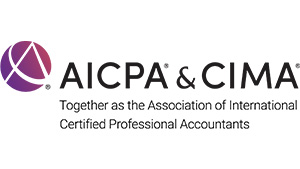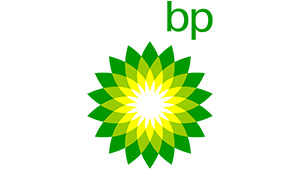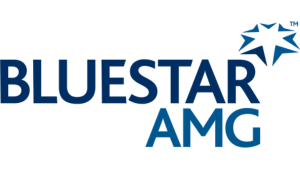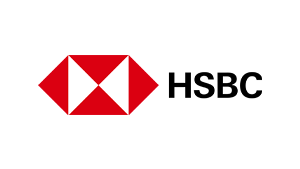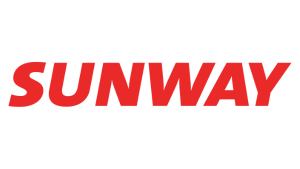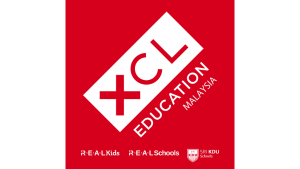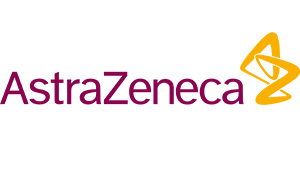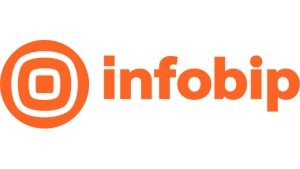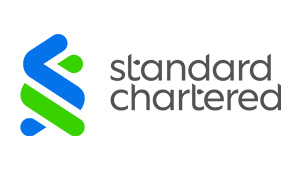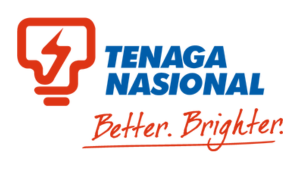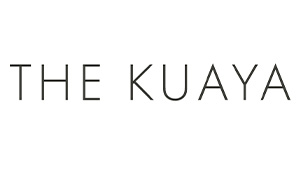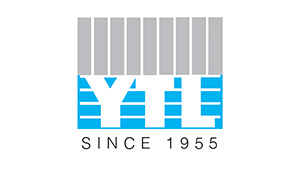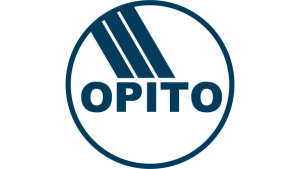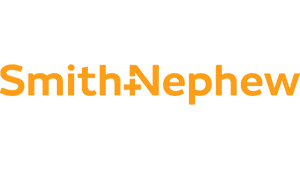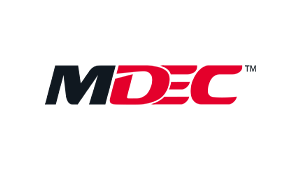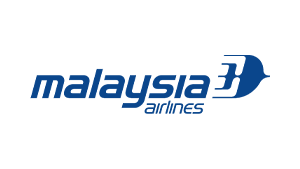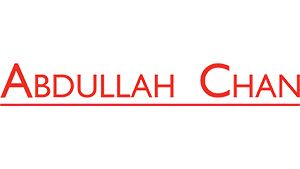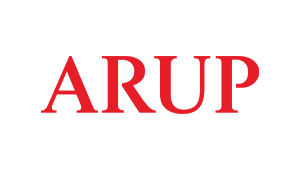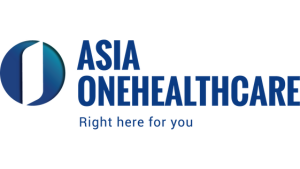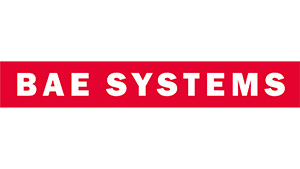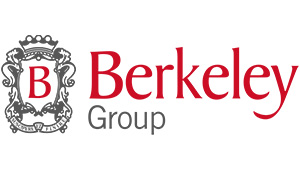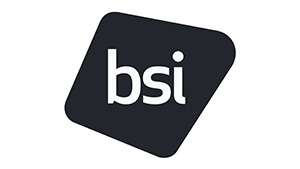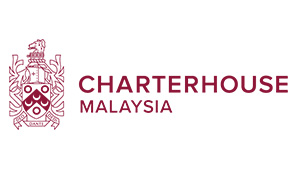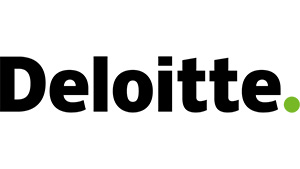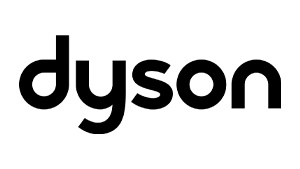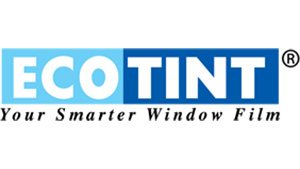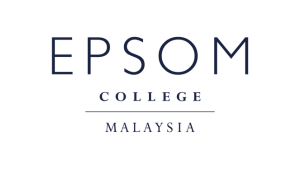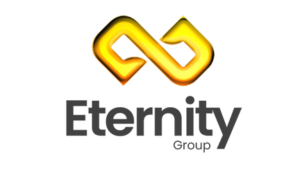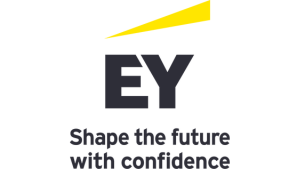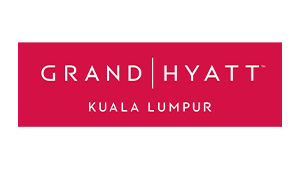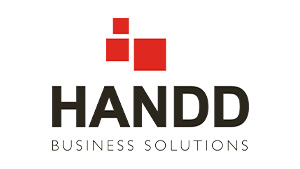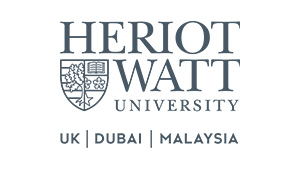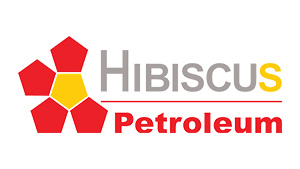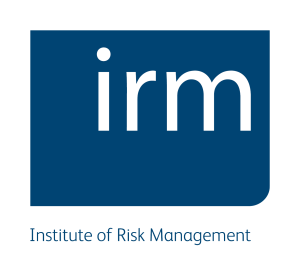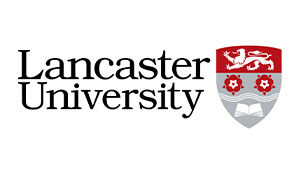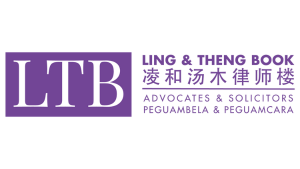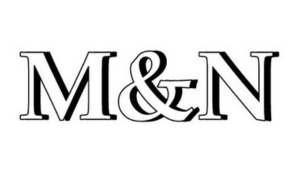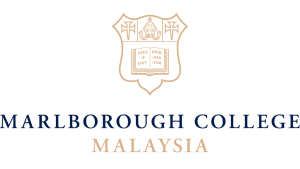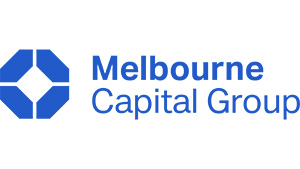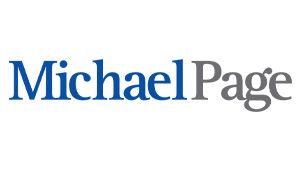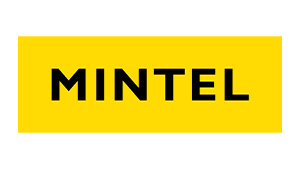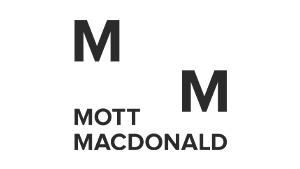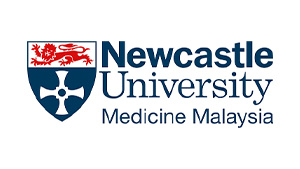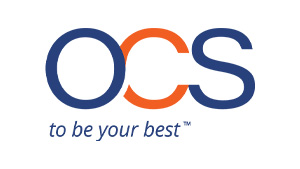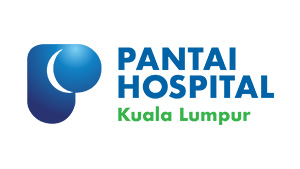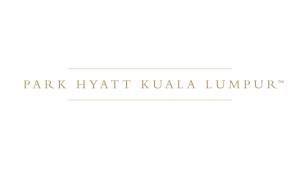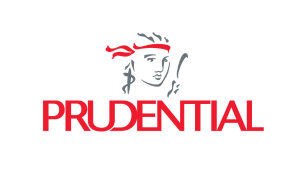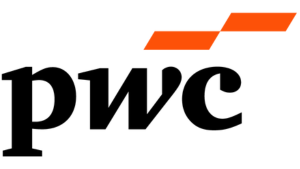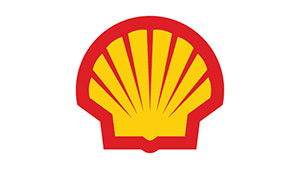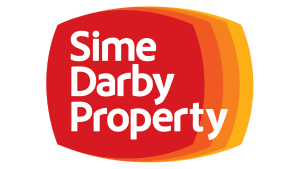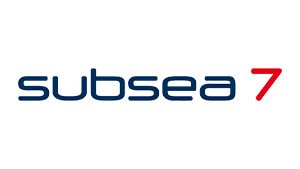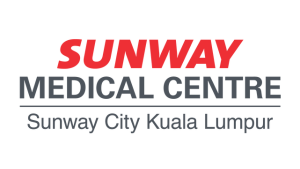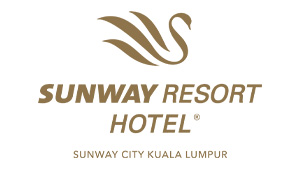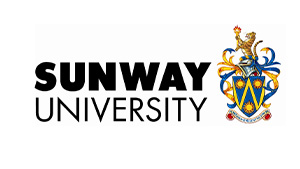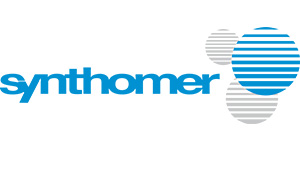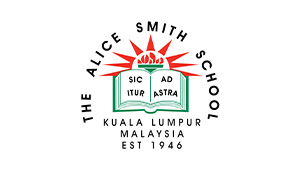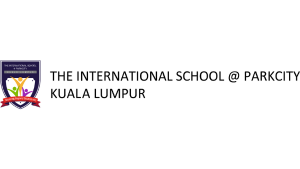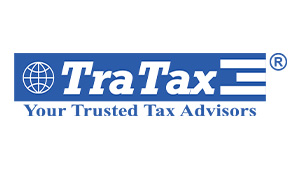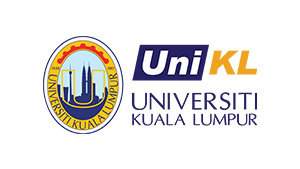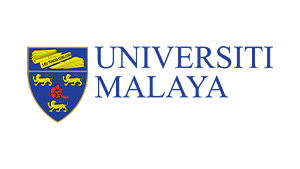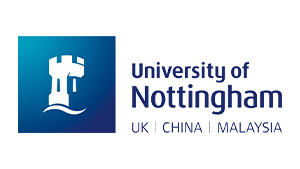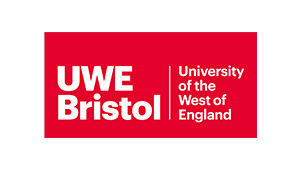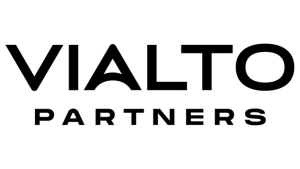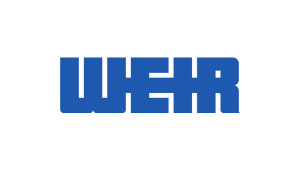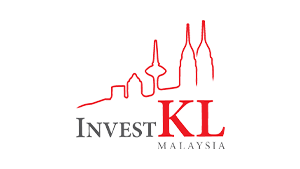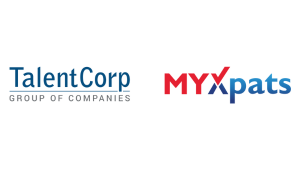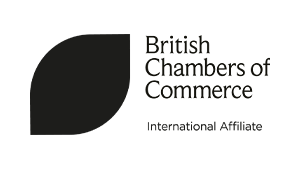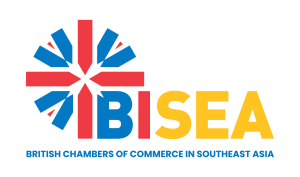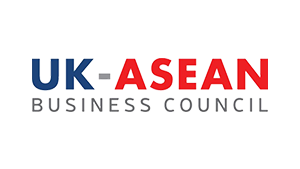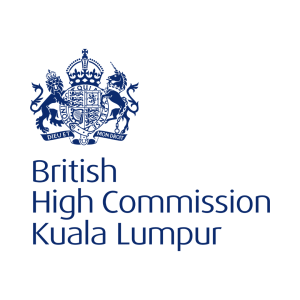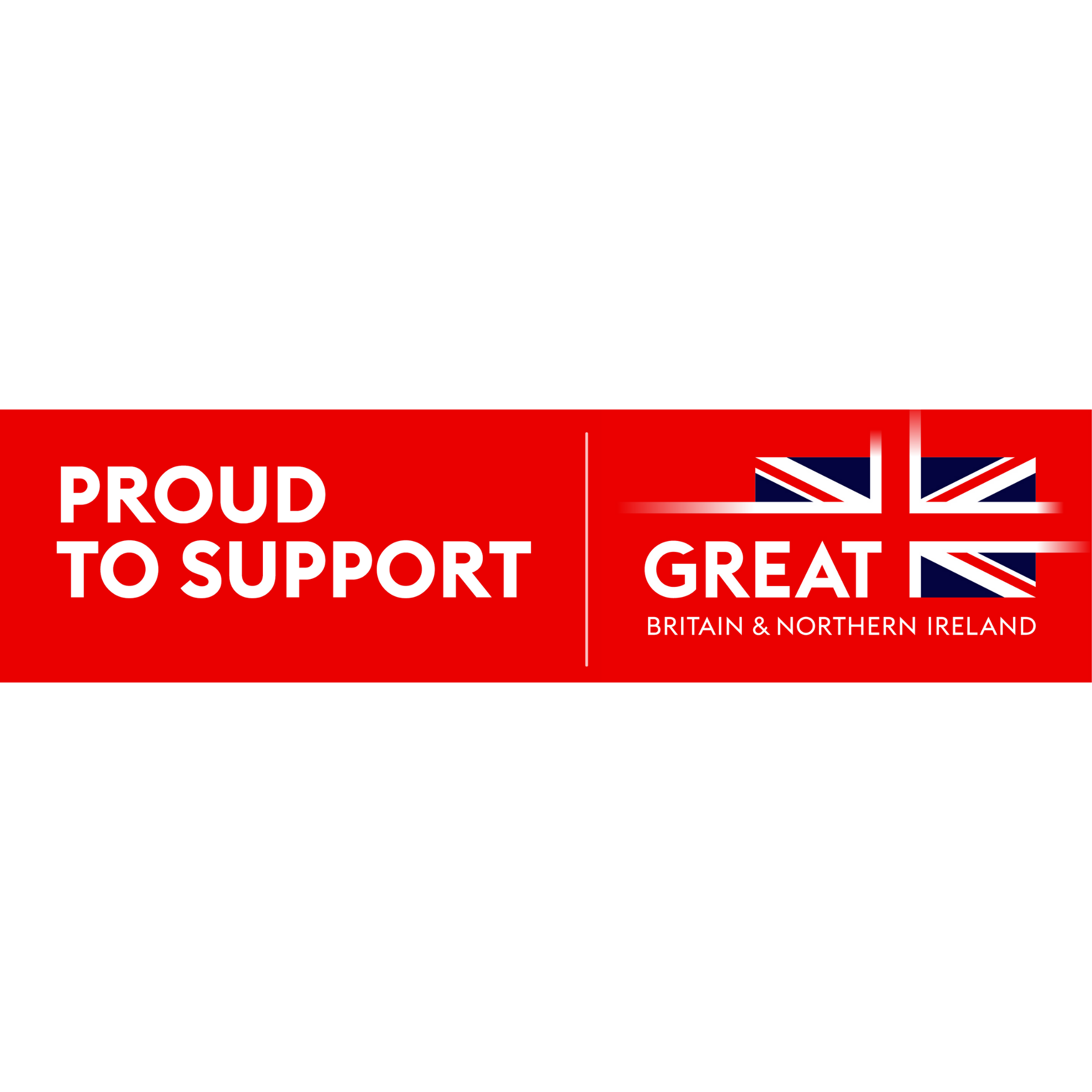Gonzalo Balcazar, General Manager for Reckitt Malaysia, Singapore & Vietnam
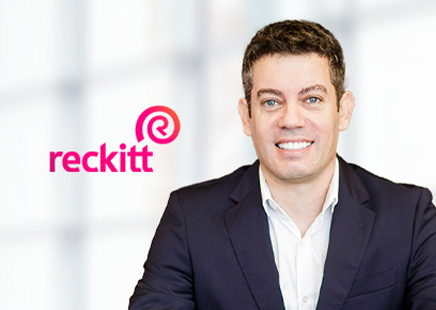

Reckitt is a British multinational company headquartered in Slough, England. We are proud to have a stable of trusted household brands found in households in more than 190 countries. These include Air Wick, Clearasil, Dettol, Durex, Finish, Gaviscon, Harpic, Mortein, Mucinex, Nurofen, Shieldtox, Strepsils, Vanish and more. 20 million Reckitt products are bought daily by consumers around the world. Many of these brands are also well loved and have been making a difference to people’s lives in Malaysia for more than 30 years. Malaysia is an important manufacturing and export hub for many of Reckitt products, serving consumers in ASEAN and globally.
What are some of your organisation’s proudest moments/milestones in Malaysia?

One of our proudest moments was our company’s ability to support Malaysia’s response to the COVID pandemic. We donated 386,500 units of our powerbrand Dettol hand sanitiser to the Malaysian Red Crescent Society (MRCS) to support its efforts to address the COVID-19 pandemic in the country. The hand sanitisers, worth over £500,000, was distributed by MRCS to vaccination centres, government hospitals, community clinics and care homes; as well as directly to vulnerable residents and those living in rural communities. The donation was part of our global partnership in the Disaster Relief Alliance with the British Red Cross and was the latest and largest of a series of donations by Reckitt Malaysia in support of local communities since the start of the pandemic.
Read more about this donation here.
Describe your operations to date.
In Malaysia, we have a commercial team of over 500 employees, present across the different states in the country, including our country headquarters in Kuala Lumpur, and as well as Sabah and Sarawak. We also have factory operations in the country; and an aerosol production plant based in Johor Bahru, which is a major Export Hub of Dettol Disinfectant Spray, Lysol Disinfectant Spray, Mortein, and Airwick to ASEAN and the rest of the world.
Based on your overall experience of doing business in Malaysia, name the advantages and challenges of doing business in Malaysia.
The consumers in Malaysia look for quality, so there is a lot of potential for growth if you offer products that exceed consumers expectations. It is one of our biggest operations in ASEAN, and an export hub for many of our products, and thus serves a significant role for Reckitt within ASEAN, and globally.
Just like many other manufacturers, not only in Malaysia, but across the world, supply chain challenges are an area we are addressing, and working hard to resolve in partnership with our suppliers. We also look forward to the opportunity to work with BMCC, other British companies, and the Malaysian government in ensuring consumers access to essential health, hygiene, and nutrition products.
What did you do or are still doing to overcome these challenges?
We are investing in more resources and expanding the capability and capacity of our partners to be able to address and meet these fluctuations within the supply chain.
Based on your experience in operating in Malaysia, what is the important criterion for achieving business success in Malaysia?
Within the FMCG (Fast Moving Consumer Goods) industry, it is truly crucial to understand local consumers, and the differences within the diverse consumer demographics of Malaysia. While consumers from one country to another are not fundamentally different, it is the details of that distinction that can make the difference between success or failure. Understanding local insights starts with deep consumer understanding. Then, based on the consumer insights, we provide the products that can meet the needs of the Malaysian consumers.
How has your business evolved during this pandemic, especially in terms of optimisation of human and technology resources?
As a world leader in disinfection and cleaning products, we had quite an expansion of sales during the pandemic. Our Dettol brand was the poster child of this expansion, but many other brands of our portfolio saw growth as well.
With that, our teams and resources expanded too. Technological resources are something we are constantly investing in as our business becomes more sophisticated in terms of omnichannel and e-commerce, and our relationship with consumers develops into a more “one-on-one” nature. We are investing in technology that can facilitate our transition in handling such a change.
How do you see your business growth and prospects in Malaysia?
We are very optimistic with our business growth prospects in Malaysia for the years to come. We have been operating in Malaysia for more than 30 years and look forward to the future 30 years and beyond, partnering with Malaysians in important public health, hygiene, and nutrition endeavours.
What are the top 3 reasons for your organisation joining the BMCC?
As a British company operating in Malaysia, we want to build stronger networks, and partnerships with other British companies. Joining BMCC would allow us to leverage BMCC’s existing programmes, events, and initiatives to build these connections, and explore ways we can work together with the Malaysian government on nation building projects. The COVID-19 pandemic has shown us the importance and value of meaningful partnerships in addressing and solving many of the (public health) issues of the 21st century.
What is the top value you see for yourself or your organisation in being a member of the BMCC?
Diversity & Inclusion, Sustainability, Hygiene as a Foundation for Health, and Self Care are all important priorities for Reckitt not only in Malaysia, but across the world. We would like to collaborate with BMCC in organising roundtables, forums, and/or panel discussions where we can have productive conversations around these topics and explore potential areas for a tri-sector collaboration amongst the public sector, private sector, and civil society and NGOs.

